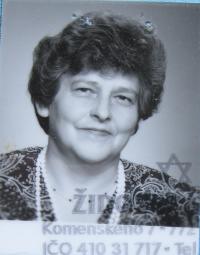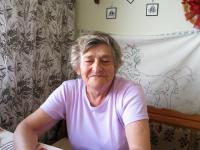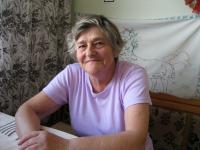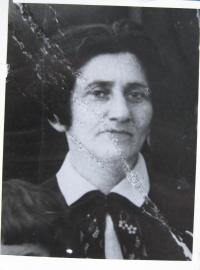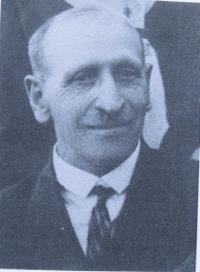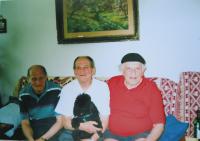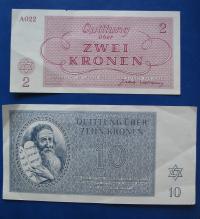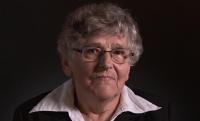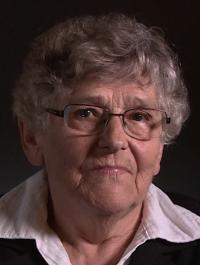We were terrified and wanted to go home.

Download image
Alžběta Dostálová, née Morgensternová, was born on October 11th, 1936 in Horní Studénky. Her father, Richard, was of Jewish origin, her mother, Božena, was not. Her grandparents, Julius and Laura Morgenstern, died in the Terezin camp. Her family hid in Vlčice u Loštic, but they did not manage to avoid antisemitism there. During the Easter of 1943, two members of the Henlein movement set their house on fire. Alzbeta’s parents lost all of their property and were forced to move to Loštice. In the autumn of 1944, Alžběta and her siblings were sent to orphanages as thier father was deported to Terezin. Eventually, the children were also deported to Terezin. Upon their arrival they were put into different buildings. Nine-year-old Alžběta and her sister Marie went to the so-called “kinderhaus”. There they suffered from hunger, exhaustion and fear, Alzebta remembers the horrifying moment they were forced to watch the execution of Hela, their Czech-Jewish governess. In May 1945, during the last days of the war, German soldiers and supervisors left Terezin. The sisters decided to walk to Loštice. For several days they slept in a park near the town, unnoticed by anyone. When the war ended and the concentration camps were liberated, their father, found them and took them home. He had to search for the other children all over the country; his youngest son, Pavel, returned home as late as 1947. After the war, Alžběta finished primary school and then studied at a secondary school in Brno. She worked for MEZ Mohelnice until she retired. Today, she still lives in Mohelnice.
